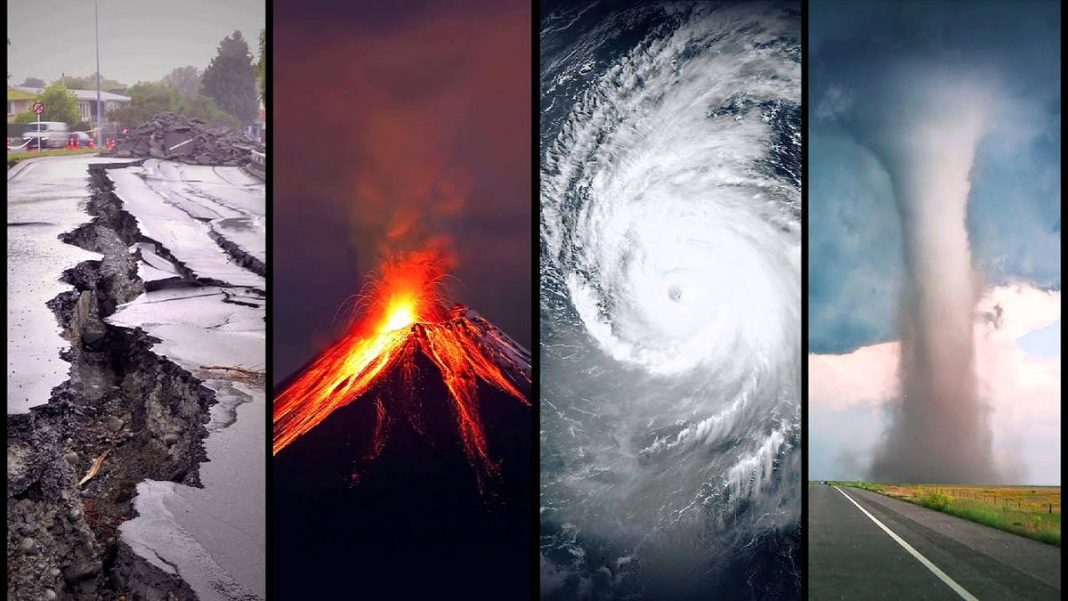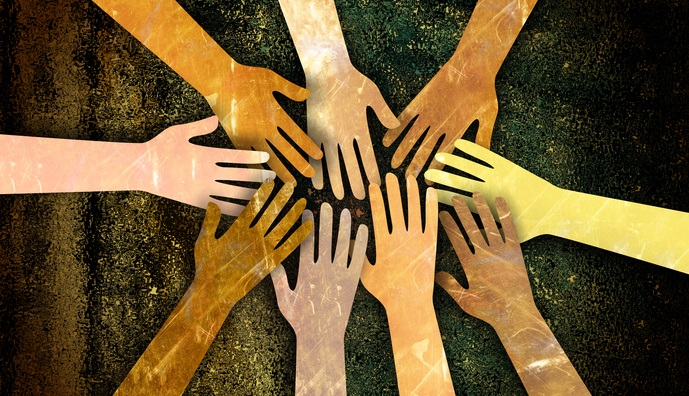Rajyogi Brahmakumar Nikunjji
The incessant rainfall in India’s economic capital, Mumbai, Maharashtra, and also in Himalayan states like Uttarakhand reminded us of an important lesson: nature, like time, is a great leveller. All over the media, there were scary scenes of many old trees getting uprooted in the cities and people leaving their homes on rescue boats. Most of the roads were flooded, and the majority of the people were left without power. In Mumbai, it was the deluge that evened out not only certain geological edges but also a lot of human irregularities. Similarly, Purnakhand in Uttarakhand has been ravaged by natural disasters, and every single one of them has somehow influenced the way our society has turned out.
That goes for the recent heavy rainfall as well as the worldwide natural disasters that shook the Earth tens of thousands of years ago. But what can we learn from natural disasters? One thing that humans should understand clearly is that, for sheer power, nature has no rival. Within a few minutes, any one of nature’s elements can erase all traces of life, property and habitation on any scale.
Days after the heavy rains, the governments of the respective states are still trying to pick up some pieces of the rubble and pre-empt such disasters in the future. Several scientific studies and technological interventions have been proposed to this end, yet we cannot overlook the fact that natural disorders have their origin in human activities. How? It’s simple! We humans have been slaughtering the elements of nature like the golden-egg-laying goose. For long, nature has been bearing the ruthless onslaught by greedy humans on its vital resources. It is this overexploitation that has resulted in grave ecological imbalances, which have brought the world to the brink of unpredictable disasters. For years, scientists and environmental activists have been warning us about the unpredictable disasters that our callous activities could bring, but despite their warnings, the truth seems to elude human reasoning. We still continue to overindulge in materialistic pleasures, continue to make bigger cars, dams and buildings, dig deeper into the Earth and ocean for resources, release more and more toxins into the air, water and soil, and explode deadlier bombs under the Earth and ocean. Instead of taking serious note of our wrong actions and corrupt attitudes, we have been trying to explain away calamities as aberrations that can be tackled by some technology or smart calculations. Isn’t it pathetic?
Recent stormy rains brought in their wake disaster management measures for the future, like better early warning systems, etc. But that does not strike at the root of the problem. If humans do not stop meddling with nature, one day all its elements may react together with greater force, making the predictions of doomsday a reality. Then it will be impossible even to provide relief and rehabilitation. We should never forget the fact that the outer world is a reflection of our inner world. In reality, the epicentre of natural calamities lies in the human mind. It is mental pollution that leads to environmental pollution. Most of the excesses committed by humans upon nature stem from vices such as greed, ego, anger, lust and attachment. Hence, the lasting remedy to all these problems lies in the purification of human minds by the removal of these vices. It’s still not too late. Even now, there is time to change our course towards more sustainable, nature-friendly practices. It only requires a change in our mindset, from that of acquisition and consumption to one of sharing and caring. Remember, the recent events of heavy rainfall may well be nature’s warning bells for us. If we continue living the way we have so far, we may very well bring bigger disasters upon ourselves, and of the kind that will change the face of the Earth.
In addition to changing our mindset, we must also take proactive steps to mitigate the damage already done. This includes reforestation projects to restore the natural balance and reduce the impact of floods. Governments and corporations must invest in green technologies and renewable energy sources to lessen our reliance on fossil fuels. Community initiatives should focus on conservation and sustainable living practices. Just remember, each one of us can contribute by reducing waste, recycling and supporting policies that protect the environment. By teaching future generations the importance of environmental stewardship, we can foster a culture of respect for nature. So, let’s pledge to work together towards a future where natural disasters do not find us unprepared and vulnerable, but rather resilient and harmonious with the Earth. The time for action is now – before it’s too late.
The author is a spiritual educator & popular columnist for publications across India, Nepal & UK.




